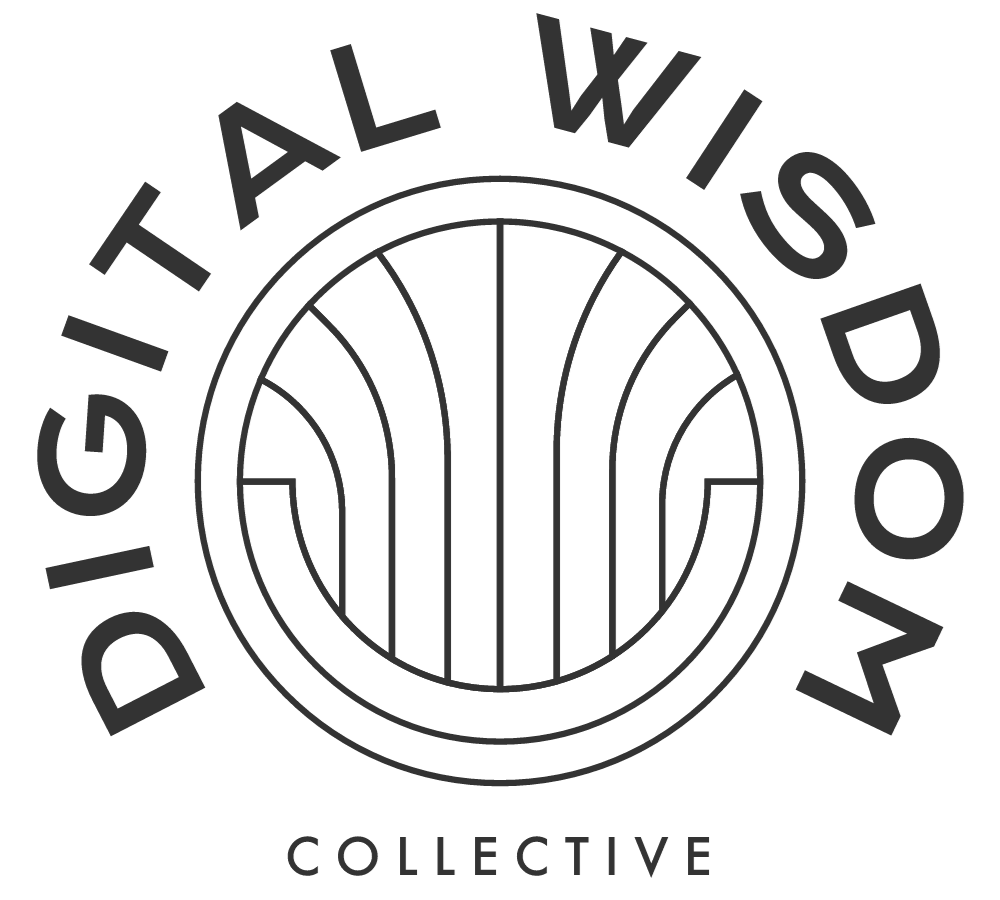From a Knowledge Economy to a Wisdom Economy
We’re witnessing a fundamental shift from a Knowledge Economy to a Wisdom Economy. While, for decades, we've operated in a system that values expertise, information accumulation and intellectual property, we’re shifting to one that focuses on the meaningful application of knowledge. This threshold represents more than a semantic shift—it’s redefining how organizations create value, make decisions, and measure success.
As new technologies reshape how we access information, success increasingly depends on the ability to wisely integrate knowledge within human contexts.
THE KNOWLEDGE ECONOMYIn a Knowledge Economy, economic value is driven by intellectual assets over physical ones. This economic framework emerged in the late 20th century as technology revolutionized how work was done and value created. In a Knowledge Economy, value is placed on specialized expertise and credentials companies create competitive advantage by building proprietary knowledge, and strategy is focused on efficiency and optimization. This paradigm faces growing challenges as AI democratizes access to knowledge, and as the business landscape grows more complex.
THE WISDOM ECONOMYThe Wisdom Economy integrates knowledge, values, purpose, ethics and judgment into decision-making. In this paradigm, wisdom integrates various forms of knowledge (analytical, emotional, creative, ethical, technical) and emphasis on contextual understanding and systems thinking. Value is created through experimentation, curiosity, judgement and sound decisions and success encompasses positive and sustainable impact on people and planet.
AT THE THRESHOLDThis threshold isn't about abandoning knowledge, but transcending its limitations to create meaningful and sustainable value. The intersection of Knowledge and Wisdom creates a productive space for growth.
Digital Wisdom emerges as a new business paradigm that bridges technology with human-centered practices. Here's what the transformation looks like:
Technology amplifies human judgment, rather than a replacing it
Paradox is productive. We increase value by slowing down, gain insight by embracing uncertainty, and move forward by questioning "progress" itself.
Leadership combines technical expertise with emotional intelligence and ethics
Individual brilliance works in harmony with collective intelligence
QEUSTIONS FOR REFLECTIONWhere, in your organization or team, do you see tension between knowledge accumulation and wisdom application?
How might your decision-making processes change if you optimized it for wisdom, rather than just knowledge?




